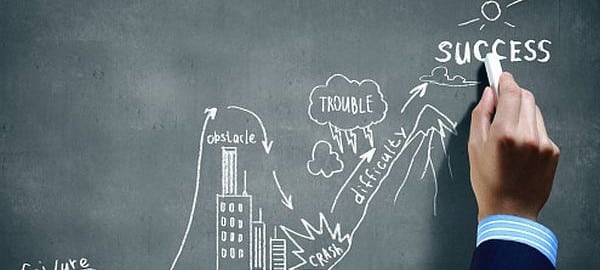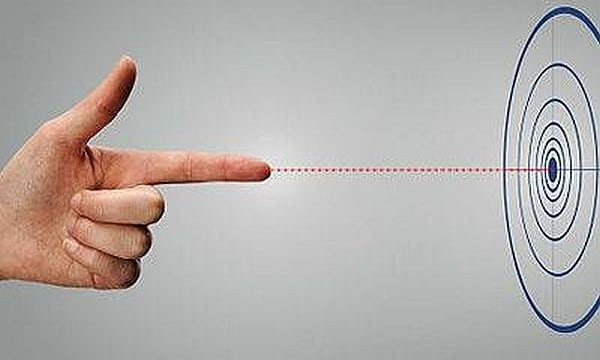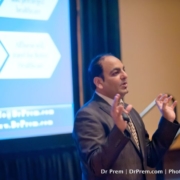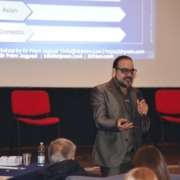Patience in people has gone so scarce nowadays that we see restless souls around us who want immediate results even from their irrelevant decisions, thoughtless actions and halfhearted efforts. Thanks to our mentality that keeps inciting us to take steps without even knowing their consequences, the number of these restless souls in on a constant rise nowadays. It is always better to strategize first and then, give it ample time to materialize and that too, without showing unnecessary impulsiveness and impatience.
Strategy implies systematic action
A particular strategy or different strategies would produce a reaction or result only when you test it from different perspectives and allow it to get better and more productive with the feedback offered by your teammates. Strategizing never means expecting results from Day 1; instead, it means taking systematic action to ensure that each step of the strategy follows the right direction. Once you are satisfied with the outcome of a step, you should endeavor to take the next step.
Delays do not always affect productivity
One would be baffled for sure to read this statement. If you are an artist, you do understand that creativity is all about the time you spend on creating a masterpiece. No artist would ever like to spoil all the hard work and the appeal of his or work of art just to ensure that the process does not go beyond the deadline; instead, he or she would revise and polish it as many times as is possible for him or her. Hence, deceleration, at times, boosts productivity. Contrary to spontaneity, rapidity, and immediacy, deceleration decreases the chances of any slipups in the process and helps people deliver the best results most of the times.
Immersive attention is the mantra to succeed
Those torn between result and patience should take time to comprehend that focus helps one pay attention to details and ensure that every step of the greater plan is handled with dexterity and precision. Jennifer Roberts, an eminent art historian at Harvard Magazine, helps students understand the power of patience, deceleration and immersive action.
Patience implies the capacity to assuage your jittery nerves while tolerating problems, suffering and delay with calm and composure, which further rules out or lowers your proneness to annoyance and anxiety. Deceleration, on the other hand, means putting check on your speed to ensure that you do not move on to the next step recklessly. Immersive attention is something that strikes an equilibrium between patience and deceleration. It is a process of moving ahead with patience and attention to achieve a decelerated yet definitive progress.
Strategize, be patient and decelerate to succeed
Charles Andrew “Andy” Stanley, the founder of North Point Ministries, opines that strategies fail due to the lack of vision and hence, one should always be ready to make changes to his or her plans and strategies. Well, now we do need to understand that vision is something that delineates the success or failure of a venture or strategy. Until and unless we have the kind of patience required to evaluate our progress or locate the loopholes, we can never make substantial changes to our course of action. Therefore, it is always a wise decision to decelerate your pace, be patient, accept constructive criticism, and accordingly, make changes to your plans and strategies.
After all, success of any project or strategy is in direct correlation with the amount of time you devote to that particular task and your readiness to make changes to your plans. Then again, it never negates the need for patience, which helps you design and implement your strategies in an effective manner.















